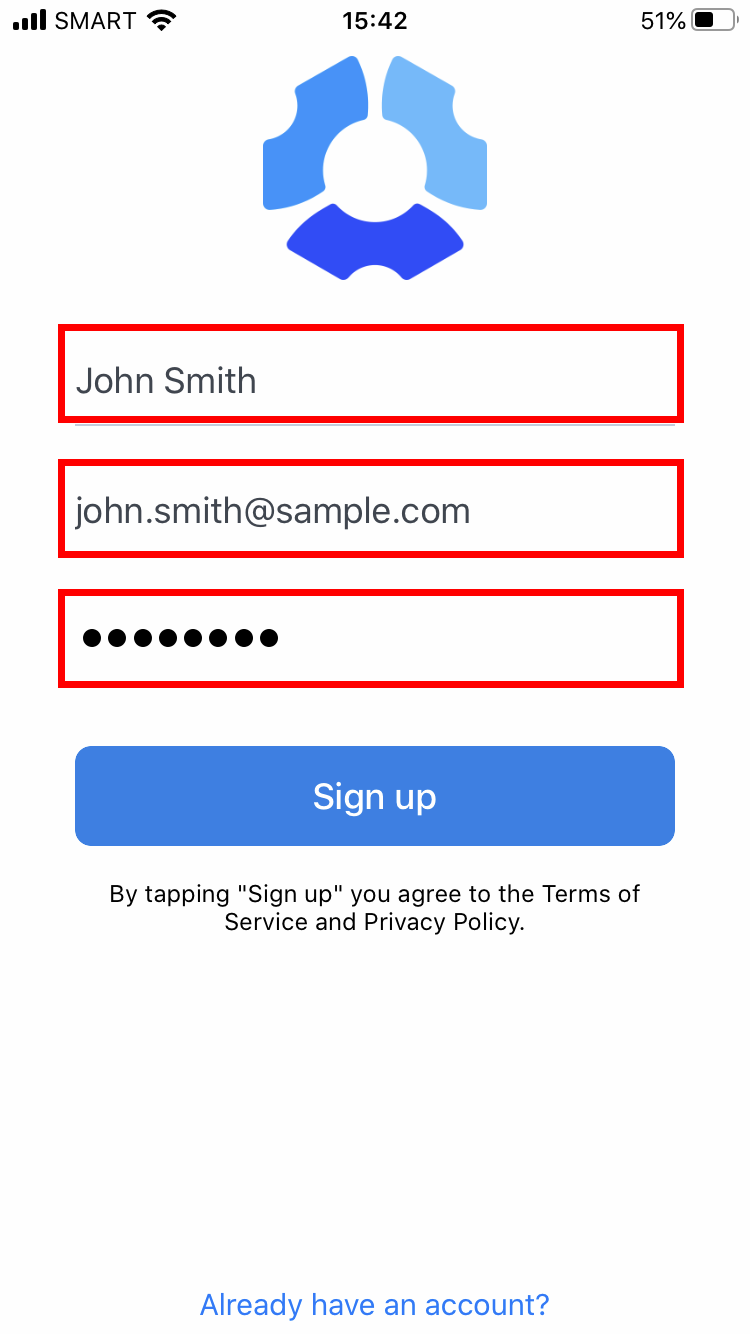
Time Doctor will log how many minutes or hours you have spent on a particular task. Click on the play button to start and stop recording time.You’ll see a start and stop timer next to your task.Create the task/tasks that you are working on.Click on the desktop icon and log in to the tool.Similar to Hubstaff, you have to download the desktop app.Īfter downloading Time Doctor, here’s how to track time: Time Doctor uses a whole different way of approaching this problem and gives users a lot more freedom to track time while they’re working.

Hubstaff clarifies that the activity levels should only be used as “trends” to see if you can make minor corrections as and when needed. You get time reports for all your activities and the percentage of time that you actually spend on various tasks to help with time management.Īs handy as it’s, activity levels can’t accurately tell if one employee was working harder than another.įor example, if you have a developer on your team who spends more time coding, then they will have a higher keyboard usage, and in turn, a higher activity level than, say, a content writer who spends more time reading and researching.ĭoes this mean the writer was working less? So my activity level is 80% since I’m using 80 seconds of the 100 seconds using the keyboard or mouse. 20 seconds of brushing my hair out of my eye and staring into space (no mouse or keyboard used).20 seconds browsing images to use in the post.30 seconds researching on the post that I’m writing.Here’s how 100 seconds at my workplace typically looks like: It then generates reports for set time intervals. Hubstaff detects if there is movement in your keyboard or mouse and tags these minutes as active and the rest of it as inactive. Now coming to the real deal: the activity levels and how they track your productivity.

This helps you see which tasks are taking more time and can be improved. You can also select projects, where instead of individual members, the time spent on each project is displayed.


 0 kommentar(er)
0 kommentar(er)
